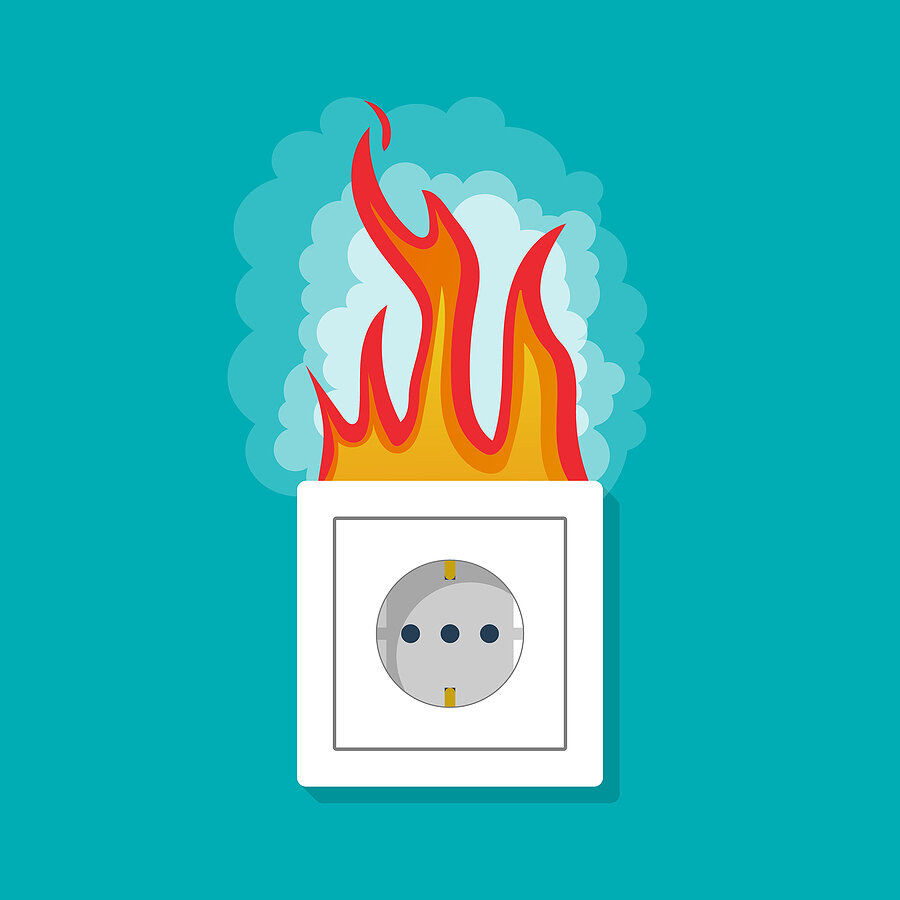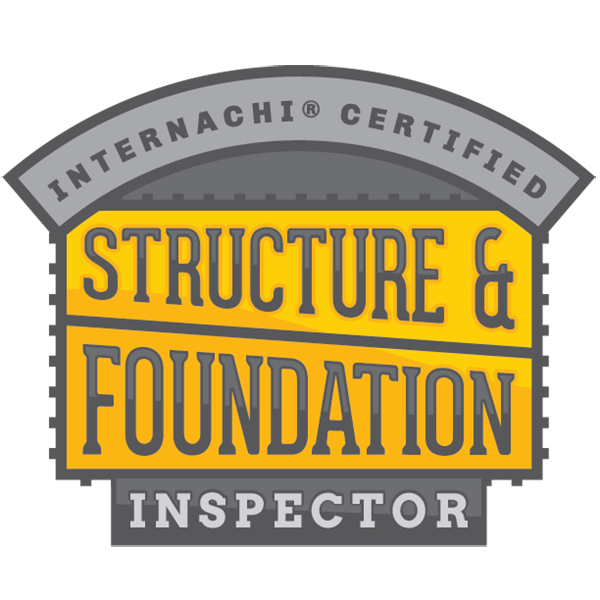How to protect yourself from electrical hazards
Electricity is something we take for granted in our homes, and for most of us, it’s as omnipresent as the air we breathe! We use it for everything, yet rarely take electrical safety seriously or think about how our daily habits could negatively be affecting the electrical use in the home. We’re going to look at seven tips for homeowners to show you how to better protect you and your family!
7 Electrical safety Tips for homeowners
1. Use qualified professionals to handle electrical work and repairs
While we’d all like to think our HGTV watching has made us DIY pros, the truth is that some things should only be handled by a professional, and that is especially true of electrical work. Do not try to install a light switch or attempt your own wiring job by yourself. The safety risk– and not to mention the headache down the road when it needs to be redone or is examined by a home inspector– simply isn’t worth it.
2. Common sense
Unplug devices and appliances when they’re not in use. Not only does this save you power and money on your energy bill, but it cuts down the chance of overheating or power surges. Make sure cords are not under carpets or rugs, where the friction of being walked over and rubbed against can cause damage and build up electrical currents. Keep electrical cords and equipment away from children and pets.
3. Outlet safety
The National Fire Protection Association (NFPA) recommends that you only plug one “heat-producing appliance (such as a coffee maker, toaster, space heater, etc.)…into a receptacle outlet at a time.” Another pro-tip? Give these heat-producing devices some space from other devices to allow air to circulate around them and prevent them from overheating. Likewise, “major appliances (refrigerators, dryers, washers, stoves, air conditioners, microwave ovens, etc.) should be plugged directly into a wall receptacle outlet,” instead of using extension cords or plug strips. Do not overload outlets. If you have young children, tamper-resistant receptacles are invaluable for protecting them and their curiosity from messing with an outlet.
4. Don’t use extension cords for an extended amount of time
Speaking of extension cords, the NFPA also recommends that you regularly check that extension cords aren’t “running across doorways or under carpets. Extension cords are intended for temporary use. Have a qualified electrician add more receptacle outlets so you don’t have to use extension cords.” Extension cords that are used outside should only be ones specifically made for outdoor use, and always check them for damage before and regularly during use.
5. Pay attention to watts
Use the correct wattage in fixtures and appliances to avoid overheating. Doing this “can prevent electrical problems, so check all lamps, fixtures, and appliances to ensure you’re using the correct wattage. If a light fixture has no wattage listed, use 60-watt bulbs or less. For unmarked ceiling fixtures, choose 25-watt bulbs” (“Electrical Safety Tips”).
6. Outdoor electrical safety
Never ever touch a fallen power line or anything the powerline is touching. If the fallen power line is anywhere near water, do not approach or drive through it. Never swim in your pool before, during, or directly after thunderstorms. If you feel any kind of “tingling” sensation when you swim, exit the pool. Keep an eye out for underwater lights in a pool that are out or are flickering. All could be signs that there is an electrical issue. Make sure electrical equipment, appliances, and cords are at least six feet away from pools or other bodies of water on your property (“Electrical Safety Around Water”).
7. Know the warning signs
NFPA recommends you call an electrician if there are:
“Frequent problems with blowing fuses or tripping circuit breakers
A tingling feeling when you touch an electrical appliance
Discolored or warm wall outlets
A burning or rubbery smell coming from an appliance
Flickering or dimming lights
Sparks from an outlet”
If you are a homeowner who wants to understand their home’s electrical situation better, we recommend getting a homeowner’s home inspection! A home inspection is a terrific way to get to know your house better and get a clear idea of what condition it is in, what needs immediate attention, and what to keep an eye on. Forever Home Inspection offers simple flat-rate pricing, exceptional service by our team, and fast results. We serve Oklahoma and Iowa. Contact us today to schedule your home inspection.
Sources:
https://www.cdc.gov/disasters/electrical.html
https://www.nfpa.org/-/media/Files/Public-Education/Resources/Safety-tip-sheets/OutdoorElectricalSafety.ashx
https://www.nfpa.org/-/media/Files/Public-Education/Resources/Safety-tip-sheets/Electrical_Safety_Tips.ashx
https://www.constellation.com/energy-101/electrical-safety-tips.html








